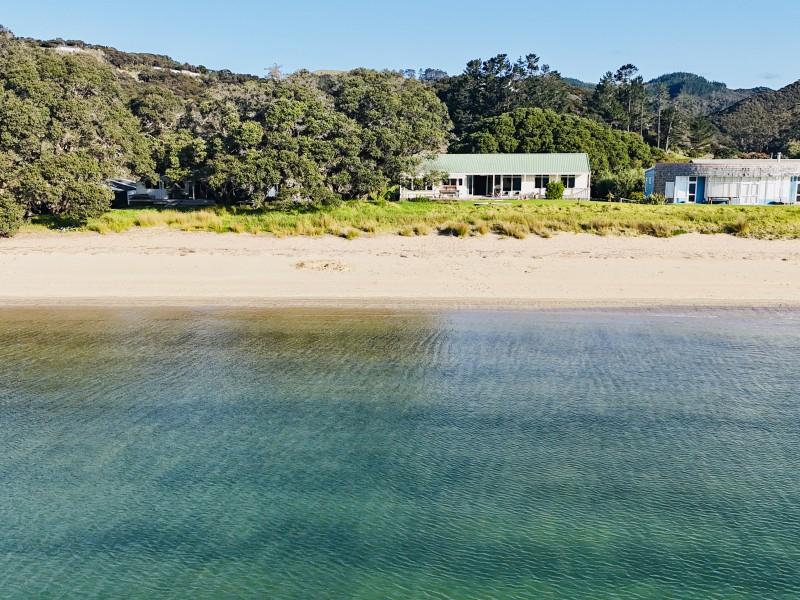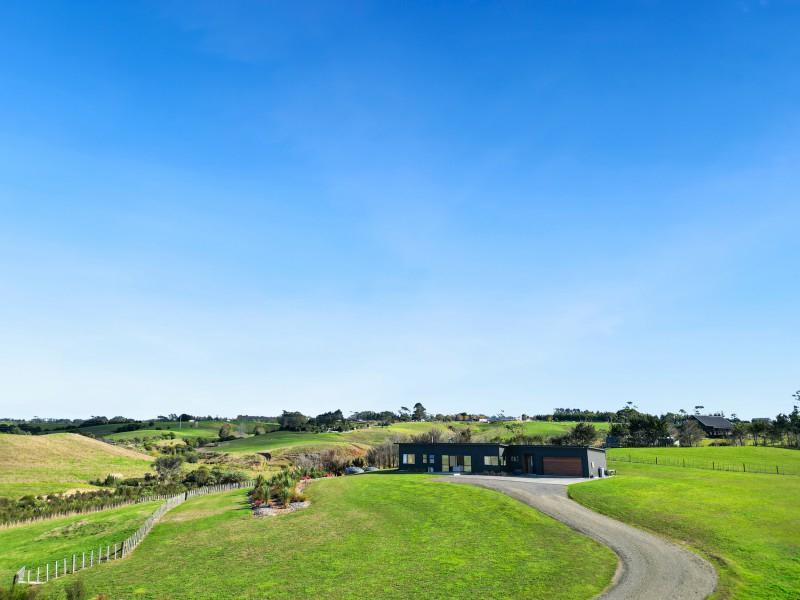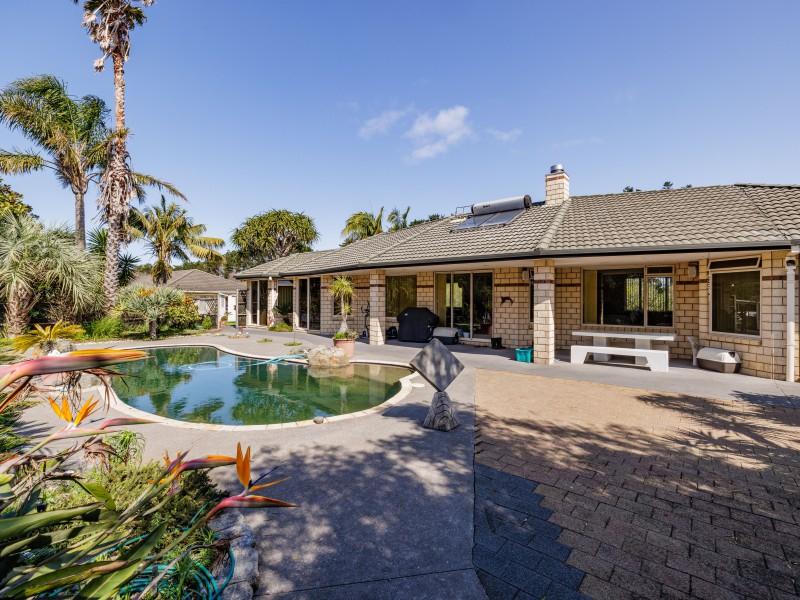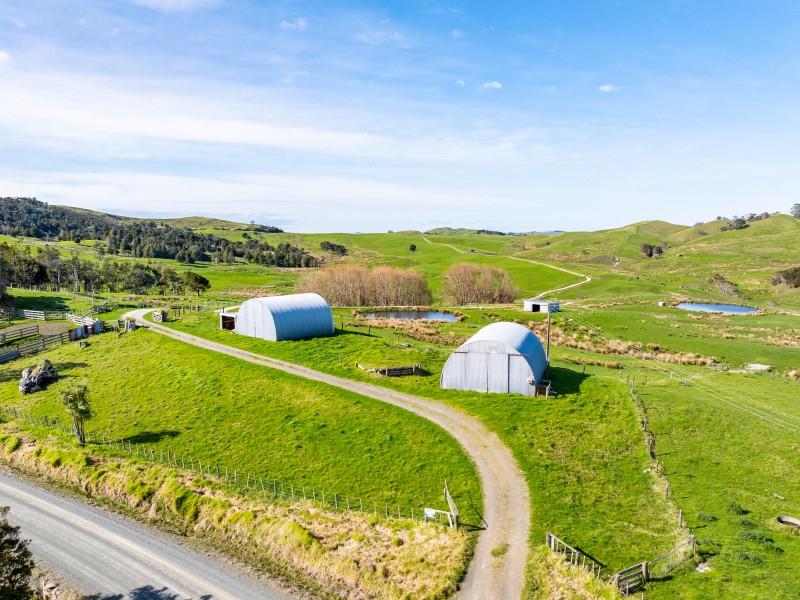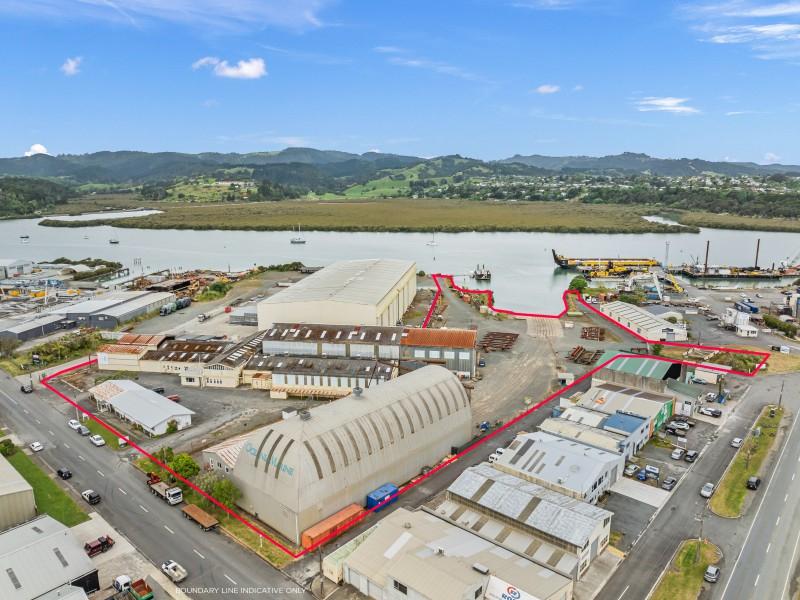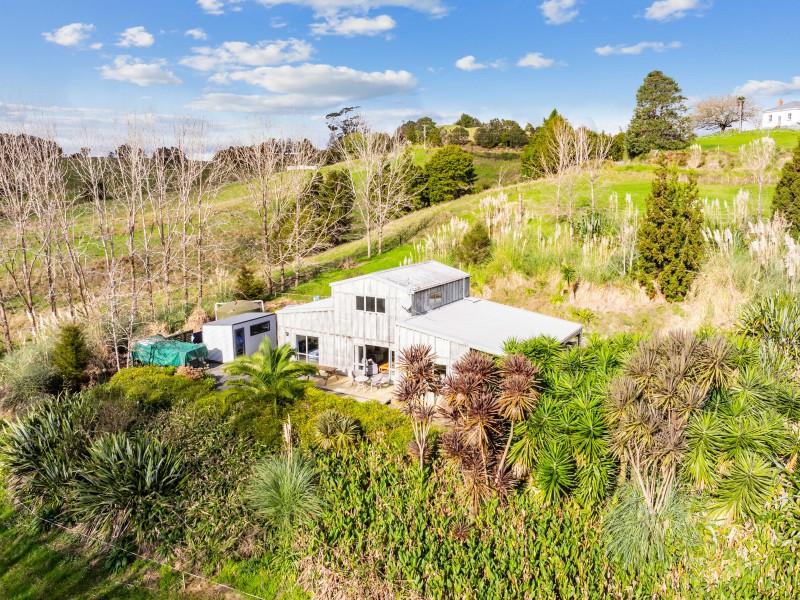It's okay to tell them - TURN THAT TAP OFF!
Water restrictions for Kaitaia and Kawakawa
Level 2 water restrictions are being applied to Kaitaia and Kawakawa-Moerewa due to low flows in rivers and little prospect of significant rain over the next two weeks.
The restrictions being applied from today ban the use of unattended garden hoses, sprinklers and irrigation devices by households and businesses connected to Council water supplies.
Acting Council CEO William Taylor says the restrictions recognise that Kaitaia’s Awanui River and the Tirohanga Stream at Kawakawa have not recovered well from the 2019/20 drought. “While both water sources are running above minimum consent levels, flows are trending downwards which is cause for concern. We know demand for water is likely to increase over the Christmas and New Year period, so as a precaution we need to reduce demand now to avoid the need for even tighter restrictions in coming weeks.”
He says the restrictions are a reminder to all Far North residents to use water sensibly over summer and the need to adopt simple conservation measures. These include:
· Shorter showers
· Flushing less often
· Only washing clothes on a full load
· Turning off taps while brushing teeth
· Fixing leaking taps, toilets and other fittings.
Mr Taylor says an increased holiday season population will increase pressure on water supplies. “I am asking all residents and business owners to remind visitors, friends and whanau of the need to conserve our precious resource.”
He says work to develop secondary water supplies for Kaitaia and Kaikohe – the two communities most seriously impacted by the recent drought – are progressing well. A bore site at Sweetwater near Kaitaia is due to supplement supplies from the Awanui River before next summer. Meanwhile, a second bore at Monument Hill in Kaikohe should be operational soon and could meet up to 45 per cent of the town’s summer water needs if required. The Council is also undertaking detailed research on the Tirohanga Stream near Kawakawa. It is hoped new evidence will show it is safe to take water for Kawakawa and Moerewa residents even when flows in the Tirohanga are lower.
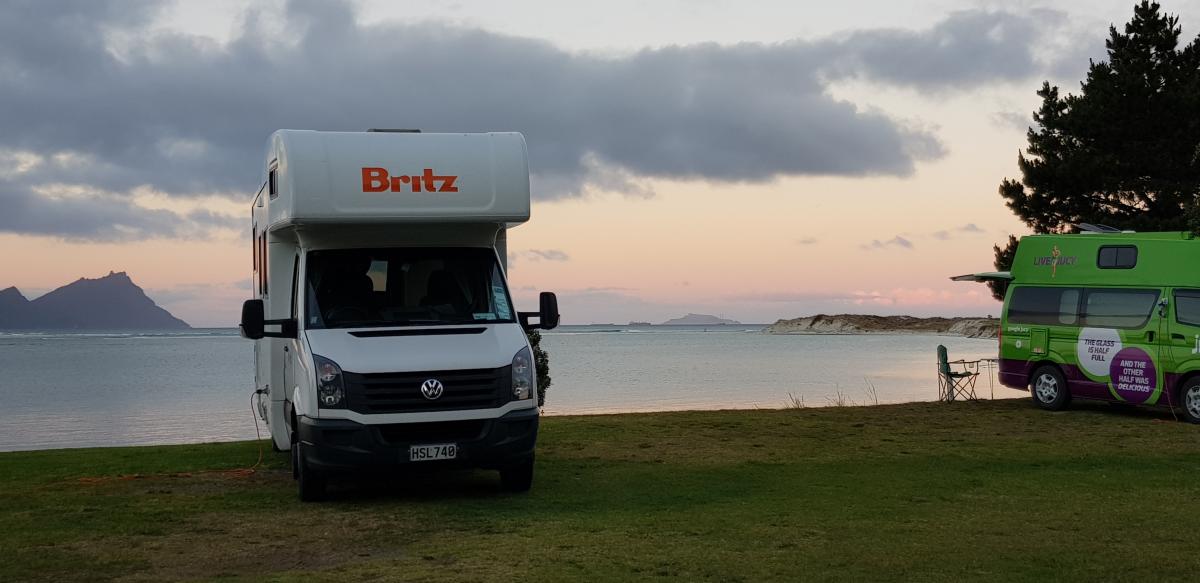
Best way to use leftovers?
I'm sure you've got some excess ham at home or cold roast potatoes.
What are some of your favourite ways to use leftover food from Christmas day? Share below.

⚠️ DOGS DIE IN HOT CARS. If you love them, don't leave them. ⚠️
It's a message we share time and time again, and this year, we're calling on you to help us spread that message further.
Did you know that calls to SPCA about dogs left inside hot cars made up a whopping 11% of all welfare calls last summer? This is a completely preventable issue, and one which is causing hundreds of dogs (often loved pets) to suffer.
Here are some quick facts to share with the dog owners in your life:
👉 The temperature inside a car can heat to over 50°C in less than 15 minutes.
👉 Parking in the shade and cracking windows does little to help on a warm day. Dogs rely on panting to keep cool, which they can't do in a hot car.
👉 This puts dogs at a high risk of heatstroke - a serious condition for dogs, with a mortality rate between 39%-50%.
👉 It is an offence under the Animal Welfare Act to leave a dog in a hot vehicle if they are showing signs of heat stress. You can be fined, and prosecuted.
SPCA has created downloadable resources to help you spread the message even further. Posters, a flyer, and a social media tile can be downloaded from our website here: www.spca.nz...
We encourage you to use these - and ask your local businesses to display the posters if they can. Flyers can be kept in your car and handed out as needed.
This is a community problem, and one we cannot solve alone. Help us to prevent more tragedies this summer by sharing this post.
On behalf of the animals - thank you ❤️

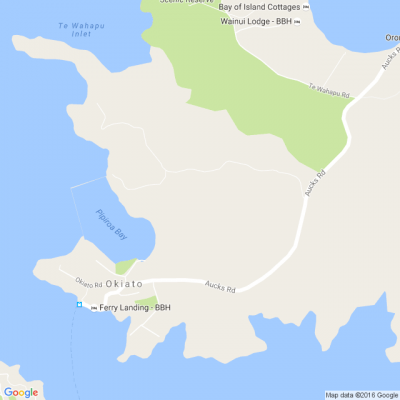
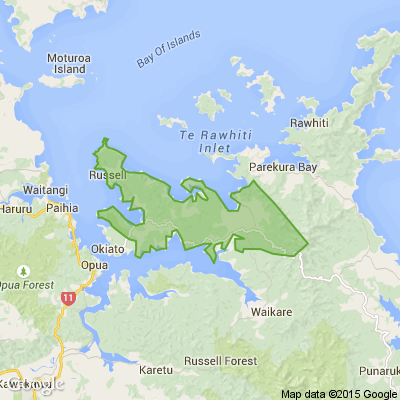






 Loading…
Loading…